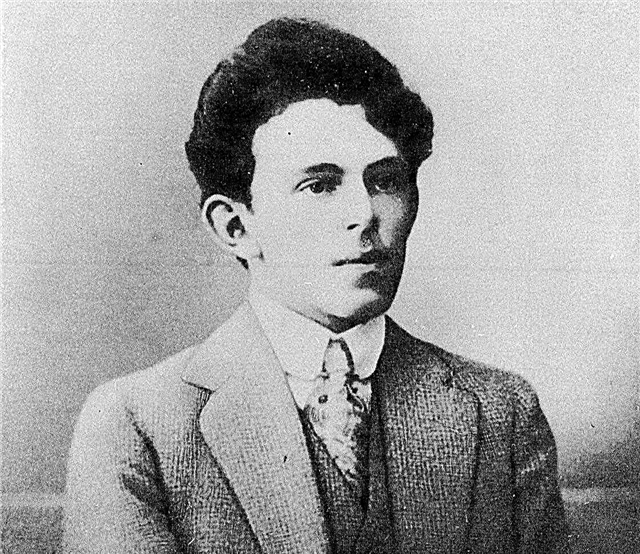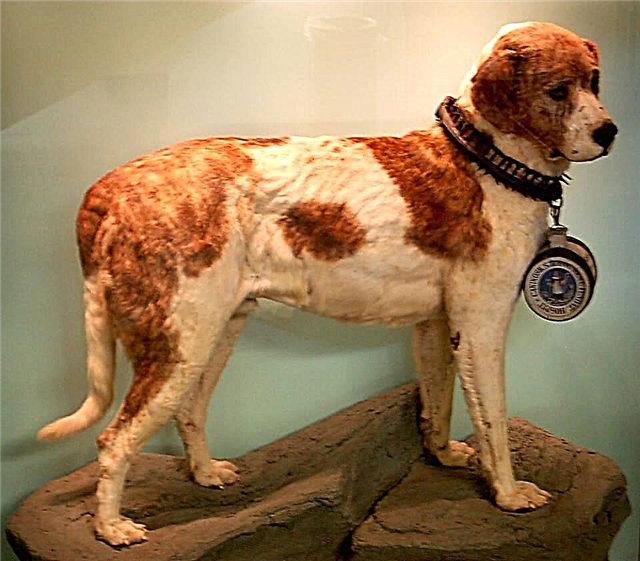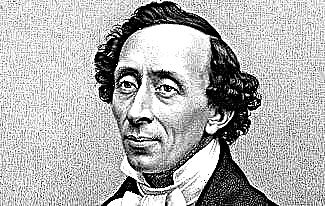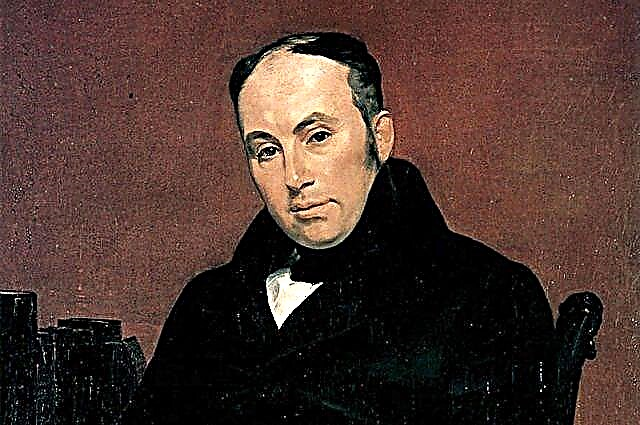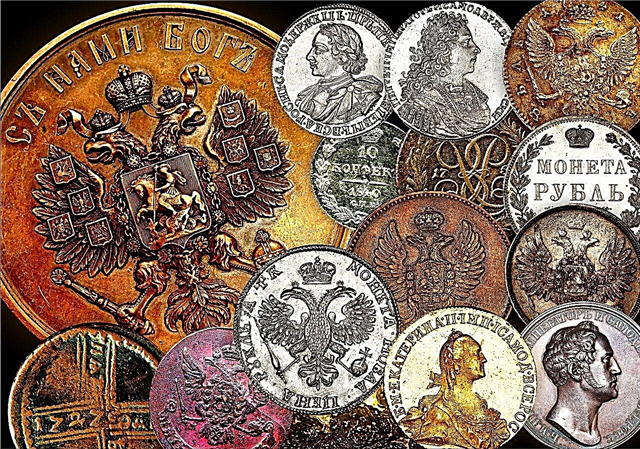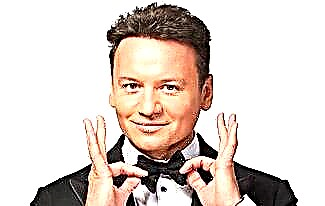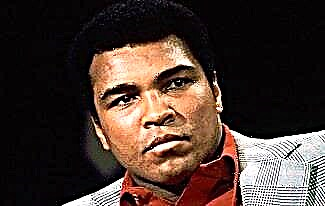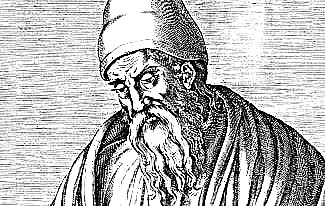Throughout its history, Russia, no matter how it was called, had to repel attacks from its neighbors. Invaders and robbers came from the west, and from the east, and from the south. Fortunately, from the north, Russia is covered by the ocean. But until 1812, Russia had to fight either with a certain country or with a coalition of countries. Napoleon brought with him a huge army, consisting of representatives from all countries of the continent. For Russia, only Great Britain, Sweden and Portugal were listed as allies (without giving a single soldier).
Napoleon had an advantage in strength, chose the time and place of the attack, and still lost. The steadfastness of the Russian soldier, the initiative of the commanders, the strategic genius of Kutuzov and the nationwide patriotic enthusiasm turned out to be stronger than the training of the invaders, their military experience and Napoleon's military leadership.
Here are some interesting facts about that war:
1. The pre-war period was very similar to the relationship between the USSR and Nazi Germany before the Great Patriotic War. The parties quite unexpectedly concluded the Peace of Tilsit, which was received by everyone very coolly. However, Russia needed several years of peace to prepare for war.

Alexander I and Napoleon in Tilsit
2. Another analogy: Hitler said that he would never have attacked the USSR if he knew the number of Soviet tanks. Napoleon would never have attacked Russia if he knew that neither Turkey nor Sweden would support him. At the same time, it is seriously talking about the power of both German and French intelligence services.
3. Napoleon called the Patriotic War the “Second Polish War” (the first ended with a miserable scrap of Poland). He came to Russia to intercede for weak Poland ...
4. For the first time, the French, albeit veiled, started talking about peace on August 20, after the Smolensk battle.
5. The point in the dispute about who won Borodino can be put by answering the question: whose army was in a better position at the end of the battle? The Russians retreated to reinforcements, weapons depots (Kutuzov at Borodino did not use 30,000 militias armed only with lances) and food supplies. Napoleon's army entered the empty burnt Moscow.
6. For two weeks in September - October Napoleon offered peace to Alexander I three times, but never received an answer. In the third letter, he asked to give him the opportunity to save at least honor.

Napoleon in Moscow
7. Russia's budgetary spending on the war amounted to more than 150 million rubles. Requisitions (free seizure of property) were estimated at 200 million. Citizens have voluntarily donated about 100 million. To this sum must be added about 15 million rubles spent by the communities on the uniforms of 320,000 conscripts. For reference: the colonel received 85 rubles a month, beef cost 25 kopecks. A healthy serf could be bought for 200 rubles.
8. Soldier's respect for Kutuzov was caused not only by his attitude towards the lower ranks. In the days of smooth-bore weapons and cast-iron cannonballs, a person who survived and remained active after two wounds to the head was quite rightly considered the chosen one of God.
 Kutuzov
Kutuzov
9. With all due respect to the heroes of Borodino, the outcome of the war was predetermined by the Tarutino maneuver, with which the Russian army forced the invaders to retreat along the Old Smolensk road. After him, Kutuzov realized that he strategically outplayed Napoleon. Unfortunately, this understanding and the ensuing euphoria cost the Russian army tens of thousands of victims who died in the pursuit of the French army to the border - the French would have left without any persecution.
10. If you are going to joke that Russian nobles often spoke French, not knowing their native language, remember those officers who died at the hands of subordinate soldiers - those in the dark, hearing French speech, sometimes thought they were dealing with spies, and acted accordingly. There were many such cases.
11. October 26 should also be made a day of military glory. On this day, Napoleon decided to save himself on his own, even if he abandoned the rest of the army. The retreat began along the Old Smolensk road.
12. Some Russians, historians and publicists only at the place of their earnings, argue that the partisan struggle in the occupied territories unfolded because the French requisitioned too much grain or cattle. In fact, the peasants, in contrast to modern historians, understood that the farther and faster the enemy is from their homes, the more chances they have to survive, and their economy.
13. Denis Davydov, for the sake of commanding a partisan detachment, refused to return to the post of adjutant to the commander of the army of Prince Bagration. The order to create Davydov's partisan detachment was the last document signed by the dying Bagration. The Davydov family estate was located not far from the Borodino field.

Denis Davydov
14. On December 14, 1812, the first invasion of Russia by the united European forces ended. Whistling to Paris, Napoleon laid the tradition according to which all civilized rulers who invaded Russia suffered defeats due to the terrible Russian frosts and the no less terrible Russian off-road. The great French intelligence (Bennigsen allowed her to steal about a thousand incorrect wooden cliches allegedly of the General Staff cards) ate disinformation without choking. And for the Russian army, a foreign campaign began.

Time to go home…
15. Hundreds of thousands of prisoners who remained in Russia not only raised the general level of culture. They enriched the Russian language with the words “ball skier” (from cher ami - dear friend), “shantrapa” (most likely from chantra pas - “cannot sing.” Apparently, the peasants heard these words when they were selected for a serf choir or theater) “trash "(In French, horse - cheval. In the well-fed times of retreat, the French ate fallen horses, which was a novelty for the Russians. Then the French diet consisted mainly of snow).

